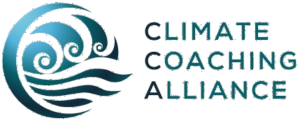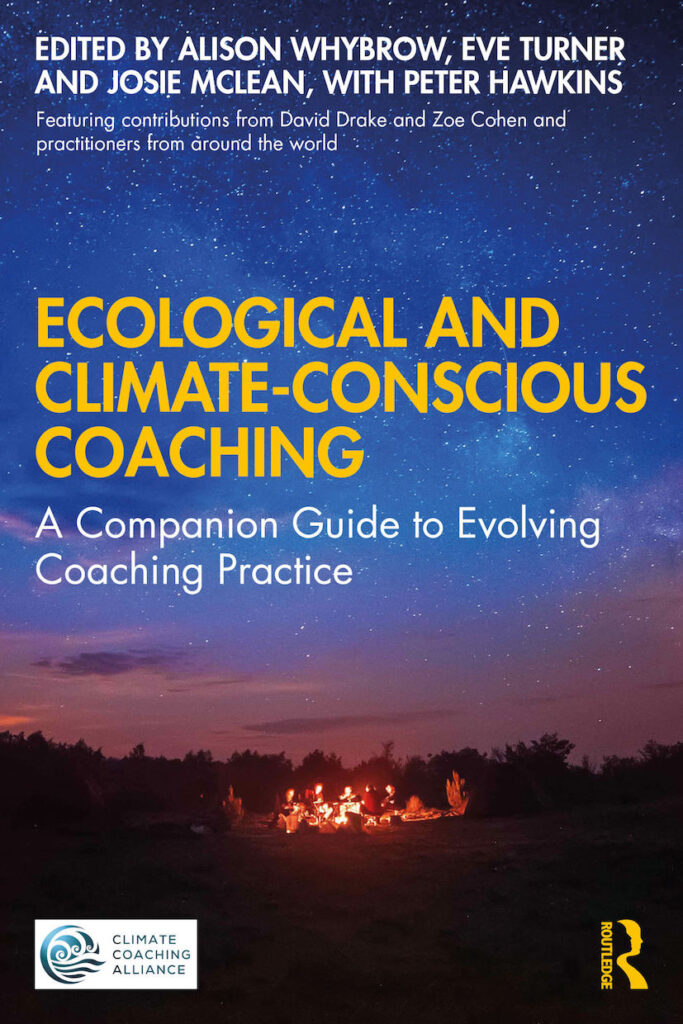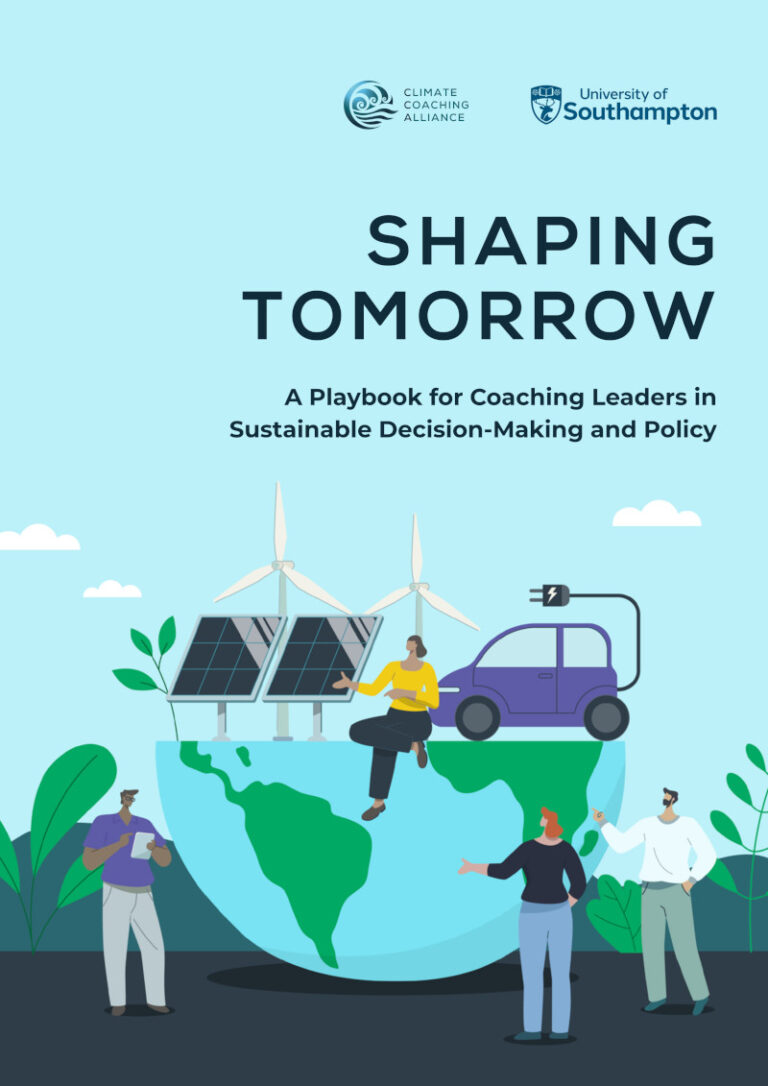Book Circles
WHAT IS A BOOK CIRCLE
A Book Circle involves a small group of people who meet on a regular basis to share specific pieces of literature. One of the great features of book circles is that they mirror the way we actually interact with the texts we read.
The process invites those involved to freely discuss, question, and debate the literature thereby gaining greater insights into the underlying messages being generated.


